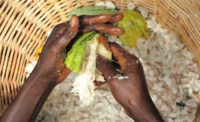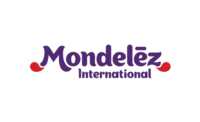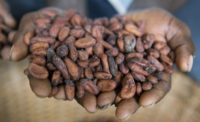Ghana and Cote D’Ivoire have agreed to institute a per-tonne “living income differential” as part of a new payment structure designed to fortify incomes of the countries’ cocoa producers.
At a July 3 meeting in Adbijan, Cote D’Ivoire, representatives from the West African countries — which produce two-thirds of the world’s cocoa — decided to implement a $400 per metric tonne differential in the 2020-2021 season.
Joseph Aidoo, chairman of Ghana’s Cocobod, pointed to the effect this additional income would have on farmers, as quoted on Ghana’s government website.
“With the 900,000 metric tonnes of cocoa produced last year, it would have fetched about $360 million from the upper level of the supply chain to us here in Ghana at the lower level of the cocoa value chain,” he said.
The meeting, which followed a two-day gathering in Ghana in June to discuss instituting a $2,600 per tonne floor price, resulted in an agreement to set up a new system to safeguard farmers against sinking cocoa prices.
Ghana and Cote D’Ivoire have agreed to legislate a minimum payment of 70 percent of the $2,600 floor price, but farmers would be entitled to bonus payments if the average gross free on board (FOB) price is between $2,600 and $2,900 at the end of the cocoa season.
The countries also agreed to set up “stabilization fund accounts” — one for each country — in which any per-tonne earnings above $2,900 gross FOB would be deposited. Those funds would be dispersed if the gross FOB price fell below $2,200. The funds would also support corporate social responsibility programs in both countries.





